Countries across the globe take an interest in who wins the U.S. presidency and what it means for cooperation. Economic bonds between allies can degrade or become stronger at any point in time during a presidency with policy proposals and military action that can dictate the course of global affairs.
Just as well, new fears arise with a new administration about whether to engage in conflict and expend more resources. Countries abroad will have to consider the complexities of sanctions and whether a new U.S. government will have their best interests in mind.
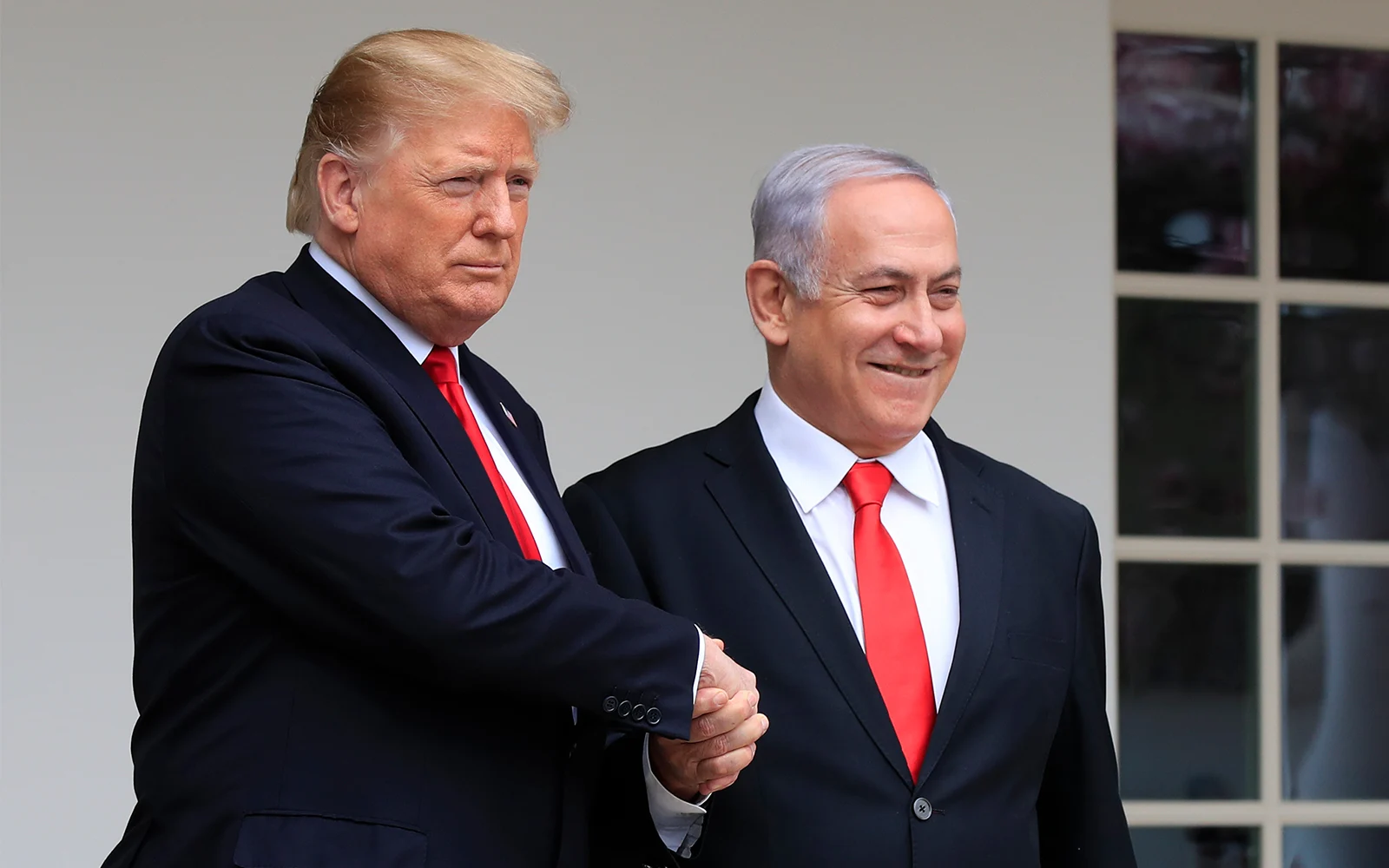
Relations with Israel
With Trump in the White House, relations with Israel are more than likely to improve and strengthen in the region as Trump takes a hard line stance against Iran while simultaneously pledging to support Israel more adamantly than the previous administration. Although the U.S. has always had a strong relationship with Israel, the drafting of the Abraham Accords by Trump was a first-step in recognizing Jerusalem and strengthening ties, by moving the U.S. Embassy there, and recognizing the sovereignty of Israel to the Golan Heights. There are moments however when Trump has been uneasy about Israel’s actions, saying in one instance that they are “losing the PR war” and that “the killing has to stop”. With Iran, Trump withdrew from the ‘Nuclear Deal’ also known as the Joint Comprehensive Plan of Action set in place by the Obama Administration. It has yet to be seen which approach Trump will take and if the previous isolationist rhetoric will take effect with concern to Israel. In December there were two sales to Israel one worth $106 and $147m for materials in the crafting of 155mm shells. There are also the precision guided munitions that they receive from packages to include the $18.8bn package signed by off on by Biden which included jets, upgrade kits and medium-range air-to-air missiles and 50,000 120mm mortar rounds. With the shake-up of Yoav Gallant as well being dismissed in Israel and protests ensuing, it begs the question of whether Israel will get within Trump’s good graces and play the loyalty card or whether they will defy Washington in regards to counsel as they have done so with the Biden administration.
The new Trump administration will have a massive impact on the war map and the funding or de-funding that happens with regard to Israel's fight. Governance of the region will also depend on the Palestinian Authority and Israel, in how to bring moderation - delicately balancing their own interests in the region - and between Israel, the U.S. and the surrounding Arab States.
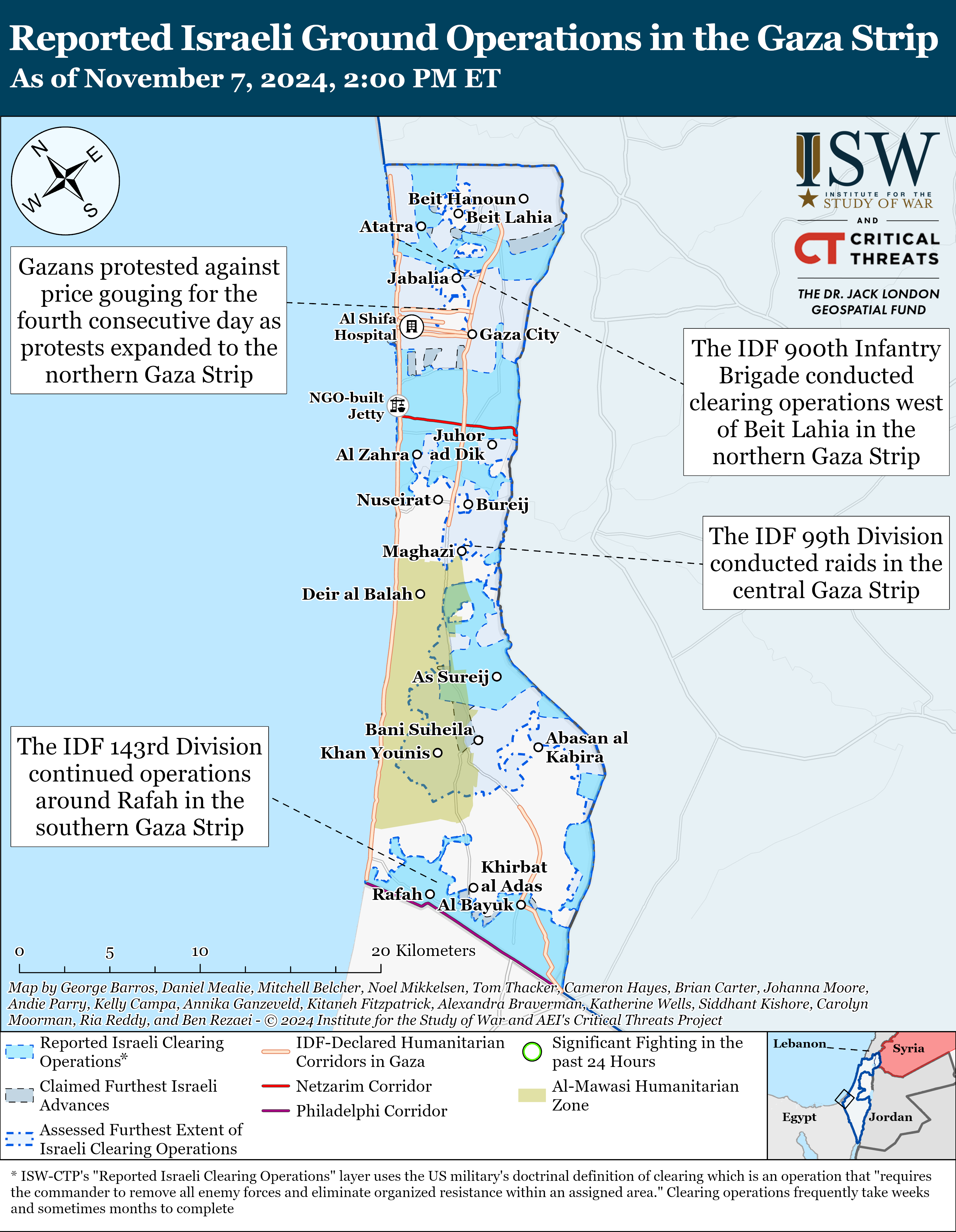
The push and continuation of the war into southern Lebanon and Gaza by the IDF may be one of the biggest areas of concern with regard to foreign policy. Trump's stance overall with Israel has been undeniably supportive of the over-arching war. There is concern however that the war has been drawn - on long enough and is causing humanitarian challenges and is extending into the northern front against Hezbollah. The incoming U.S. administration will have to decide whether it will expend resources in response to Israel's pressure campaign against the Shi'ite militias and Hamas in the region or play on previous rhetoric concerning over-seas wars and withdrawing funding from conflicts that do naught to benefit the U.S. internally.
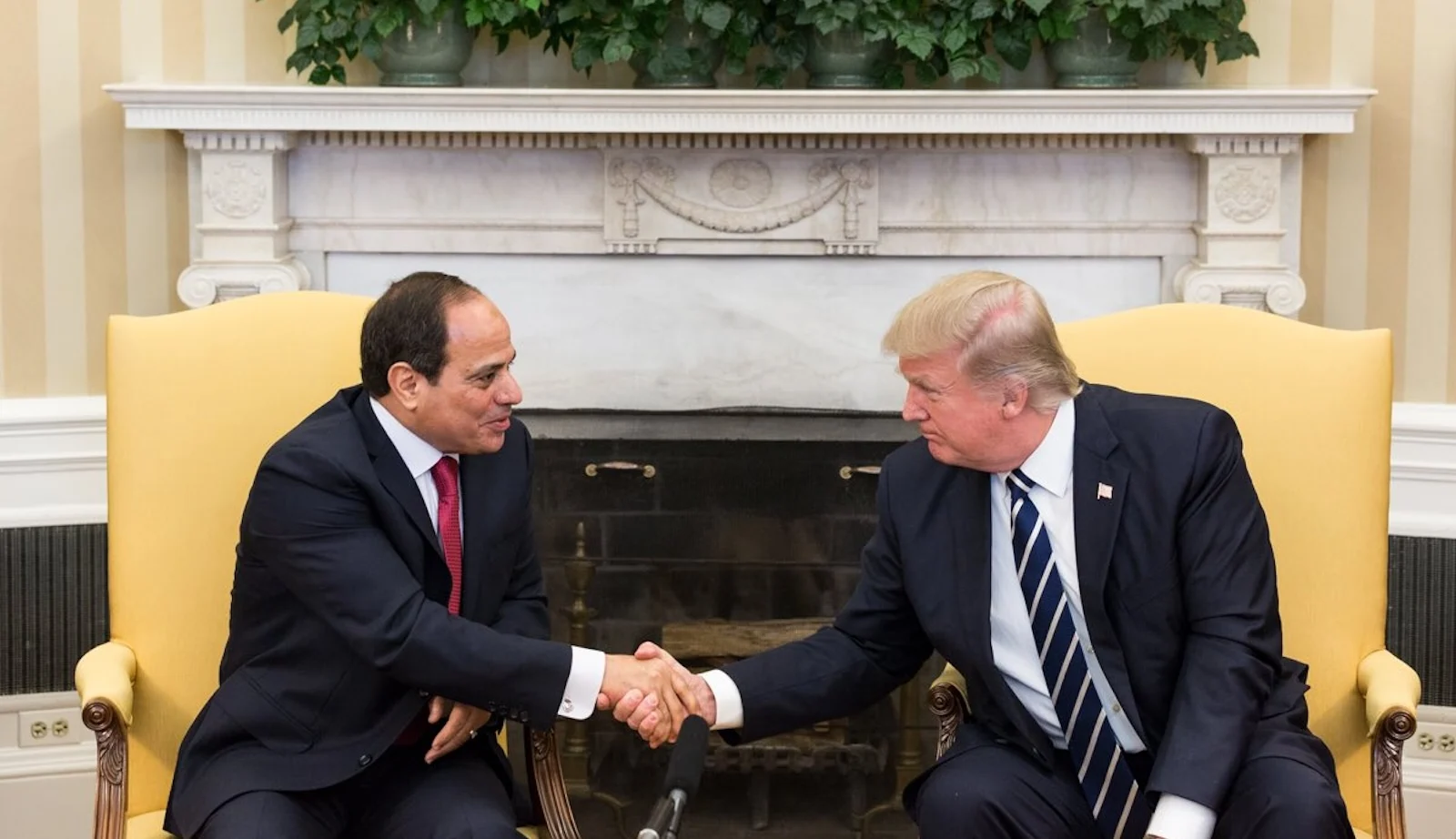
Relations with Egypt
Trump had a cozy relationship with Sisi, seeing him as someone he could negotiate with. There have been past praises of Abdel Fattah al-Sisi, calling him a “great leader” as well as "My favorite dictator" due to the military coup that brought Al-Sisi to power. Abdel Fattah al-Sisi rose to power after a what is considered the Arab uprisings and led into a revolution to oust Hosni Mubarak on January 25, 2011. The military succeeded in overthrowing Hosni Mubarak and suspended the 2012 constitution. Al-Sisi however is considered to have violated human rights in the country by silencing dissent and making it difficult for protestors to speak out about the Egyptian president. Egypt is looking to cool tensions - with it’s role as a mediator - in the conflict between Israel and Hamas. Israel however has not budged on their position in the war as continued pressure on Gaza and incursions into Southern Lebanon proceed according to the Israeli Government's whims.
Egypt's only successful mediation was on May 6, 2024 when Qatar came to the table to bring a temporary cessation of hostilities and return of hostages from Hamas' end and Palestinian Militants on Israel's end which lasted approximately 6 days after Qatar and Israel could not come to an agreement on terms.
Egypt’s economy is heavily reliant on grain imports and has been struggling due to the conflict in Ukraine, with inflation reaching 37 percent in the last year and looking to the IMF to finance programs that look to bring about reforms to the exchange rate system. Another attempt by Egypt's government as well is to bring more investment into the private sector.
With a new administration, Egypt will be looking to revitalize their economy with new trading agreements, enhancement of economic cooperation in the midst of a conflict at their eastern border. They are looking to improve relations with the U.S. now and perhaps Israel in the coming years so long as the Camp David Accords hold significant in geopolitical landscape, there can be areas of negotiation in the future.
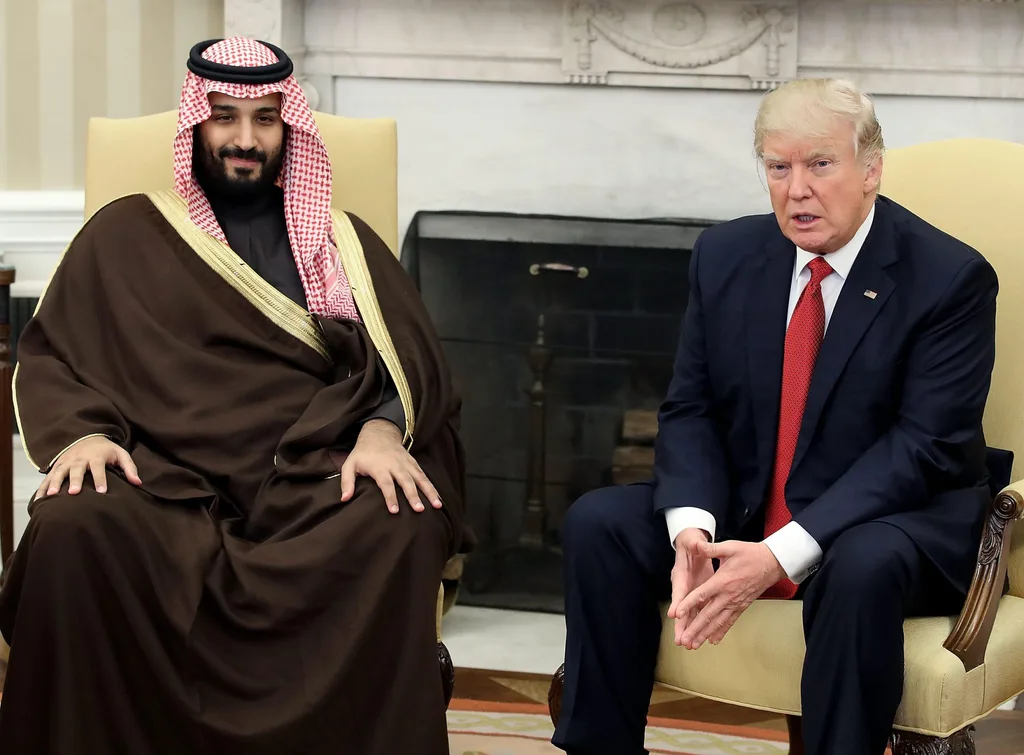
Relations with Saudi Arabia
The U.S. is attempting a new dynamic by bringing Saudi – Arabia into talks separate from Israeli ties to cooperation. The Biden administration had been in talks with MBS – Mohammed bin Salman – about formalizing relations without the need for a diplomatic contract with Israel. Now with the election of Trump, new questions will arise about cooperation with Riyadh, whether that be in the form of military equipment, strengthening economic ties in the form of foreign military sales (FMS) and The Agreement for Technical Cooperation to help Saudi Arabia’s technical infrastructure. Just as well Trump’s rhetoric on spending less overseas might see economic ties with Saudi Arabia degrade as more of the focus shifts domestically. Bilateral economic partnerships such as the Trade Investment Framework Agreement sees millions of barrels of oil enter U.S. markets per day and with prices of oil a concern amongst many Americans, keeping existing lines of communication and new trade agreements with Riyadh will continue to bolster relations and help advance U.S. interests for the duration of his presidency.
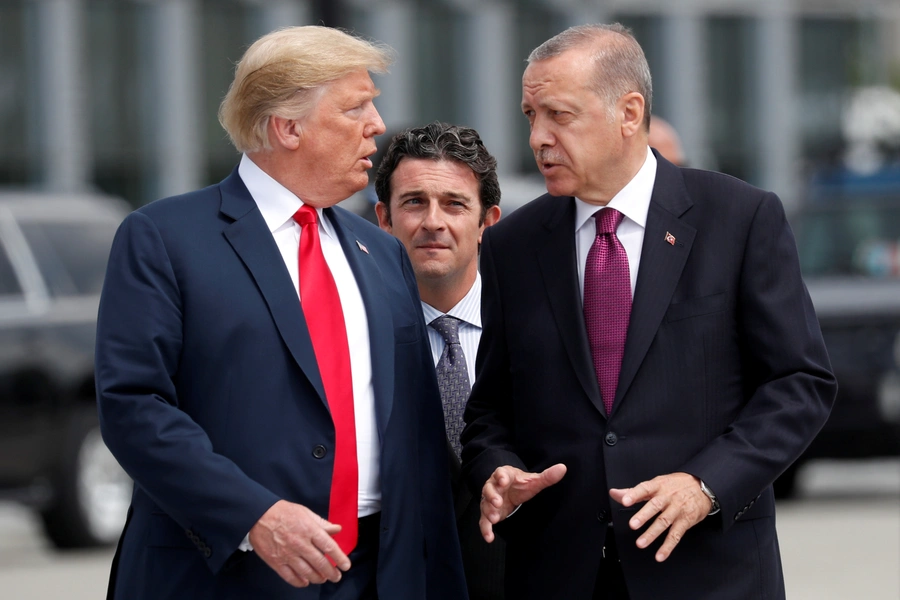
Relations with Turkey
With regards to Turkey, Trump had withdrawn U.S. troops from northern Syria in support of Kurdish allies in the region. October 6th, 2019 the order came down from Trump's administration and created a vacuum regionally which allowed also for greater incursions. Turkish soldiers along with Turkish – backed militants have taken advantage of these gaps, by going after the Syrian Democratic Forces (SDF) an ally of the Kurdistan Workers Party (PKK) and Turkey stating their intent to rid the area of them due to ‘self-defense’. Turkey sees the YPG as the Syrian Kurdish affiliate of the Kurdistan Workers' Party (PKK), considering them a 'terrorist' organization.The U.S. Government at the time of Trump’s first term allowed for Turkey’s President, Recep Tayyip Erdogan to move ahead with planned airstrikes against Kurdish dominated regions within northern Syria. Mike Pompeo refused to acknowledge this as a “green light” for Turkey, with SDF and Kurdish allies saying that the withdrawal of U.S. troops from the region lead to abandonment and betrayal.
Trump's withdrawal of U.S. troops from Syria in Dec 2018 after stating that ISIS (Islamic State of Iraq and Syria) had been defeated created the parameters for Russia and Iran to sweep parts of the region. What occurred is a decoupling from the western power-structure. In Syria both countries have exerted resources along with manpower in order to support Erdogan's drastic push into northern Syria and can only be a criticism of the previous Trump administration.
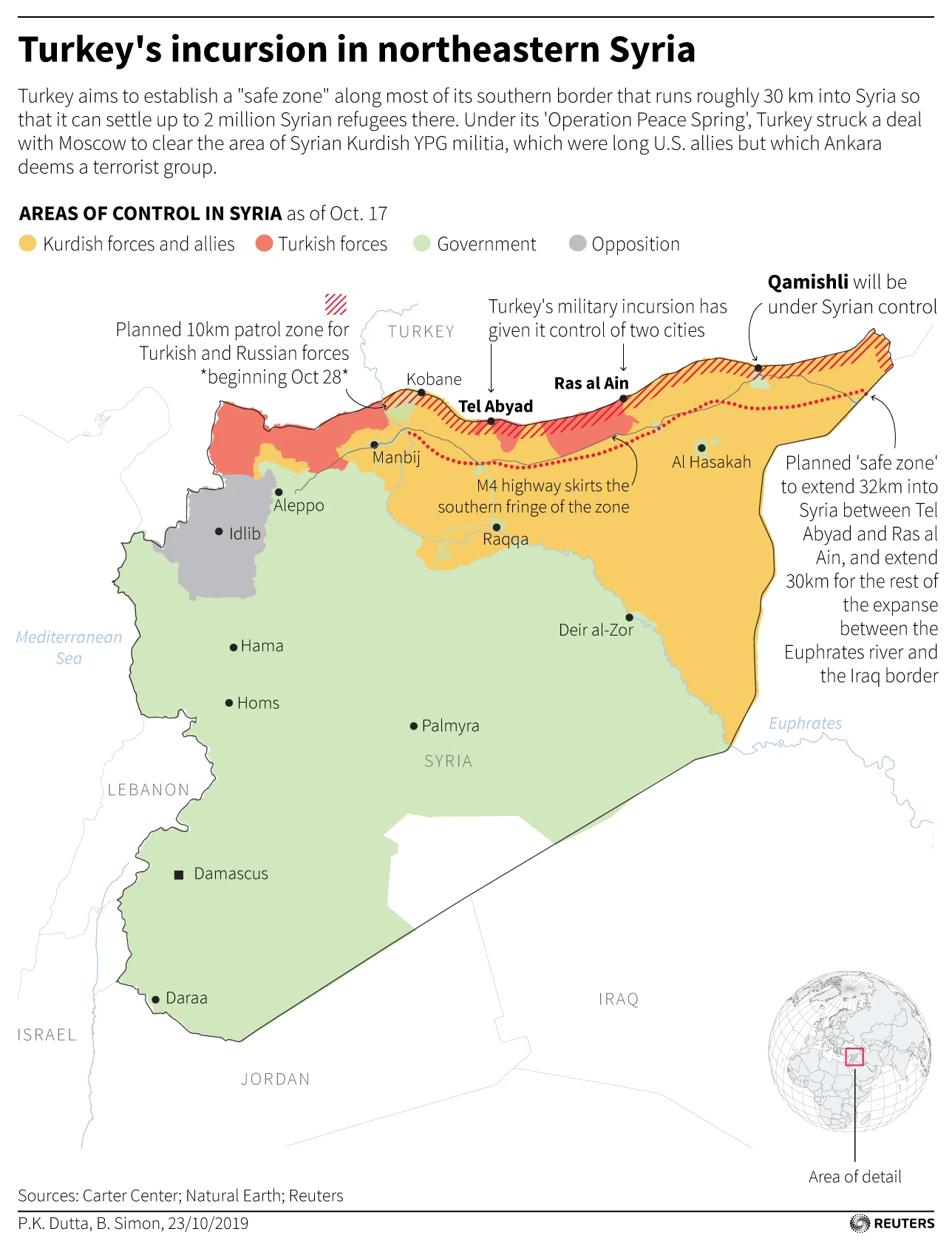
Known as Operation Peace Spring, the assault involved airstrikes against known Kurdish positions in order to create what it calls a 'safe-zone'. This zone attempted to remove YPG militias along with Kurdish fighters in the areas as they are a long - standing enemy. The Kurds want autonomy and independence, the state of Turkey holds the view that they shouldn't have it. Russia filled in the gaps by pushing with Syrian government forces from northeast to northwest along a patrol route south of Tel Abyad. Turkish forces were able to maneuver northwest and claim more ground in those territories within proximity around the governate of Manbij due to Euphrates Shield, a Syrian and Turkish led operation to weaken Da'esh along with the YPG and PKK. This created havoc amongst the civilian population with documented war-crimes being reported by Amnesty International and prisoners of war being executed. Furthermore, more than 3.6 million refugees from the aftermath of the conflict were used by Turkey as a threat against Europe, this threat - the one population influx and immigration - would lead to constrained tensions between the EU and Turkey.
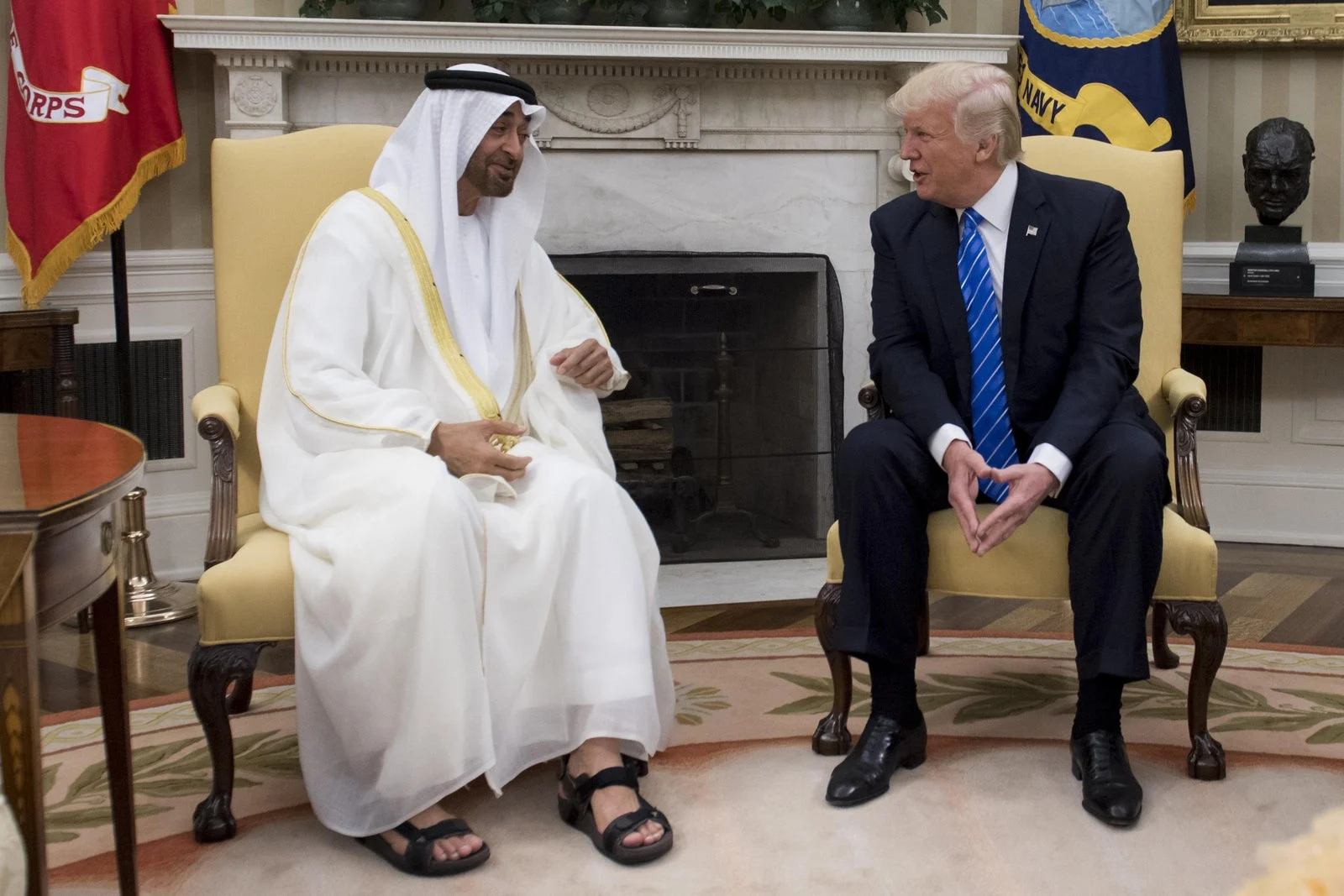
Relations with the United Arab Emirates
The United States has had good relations with the UAE since 1971 and maintained good dealings in terms of defense spending, energy, trade and economic growth. Oil and gas play a large factor in trade with the two countries as they are one of the biggest reserves in the world and provide the U.S. more than $570.37 million dollars worth of crude oil. With Trump stepping into the White House, it remains to be seen whether he will strike a deal, limit barriers to trade or try and coerce - as an enforcement mechanism - as done before with tariffs. Just as well business remains strong in the country with more than 1,000 U.S. firms operating in the country in day to day operations involving different sectors of economic activity. The U.S. in return provides the UAE assistance with Export and Border Security (EXBS) which plays into non-proliferation and more stringent security measures against materials brought in or used in weapon manufacturing.



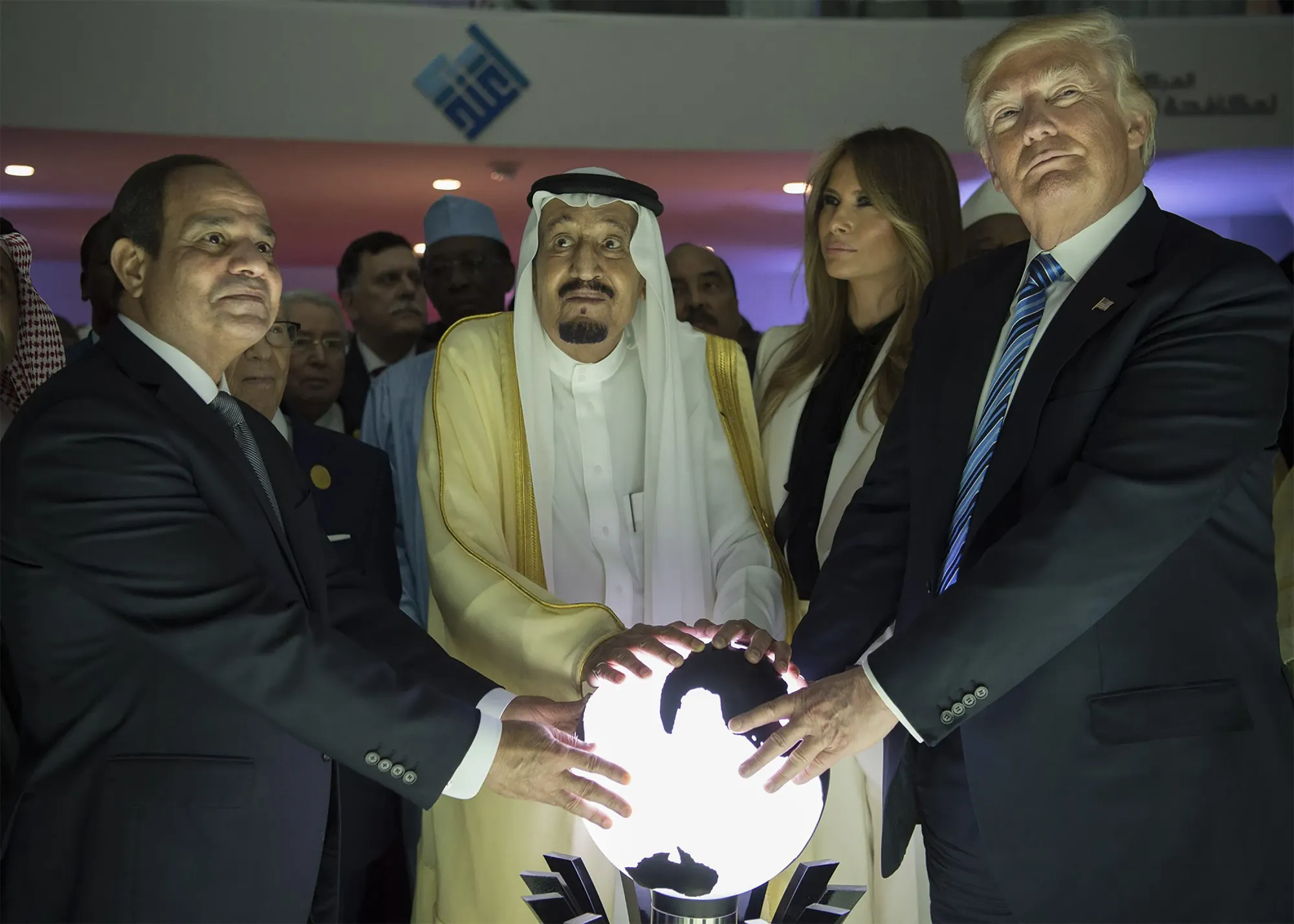
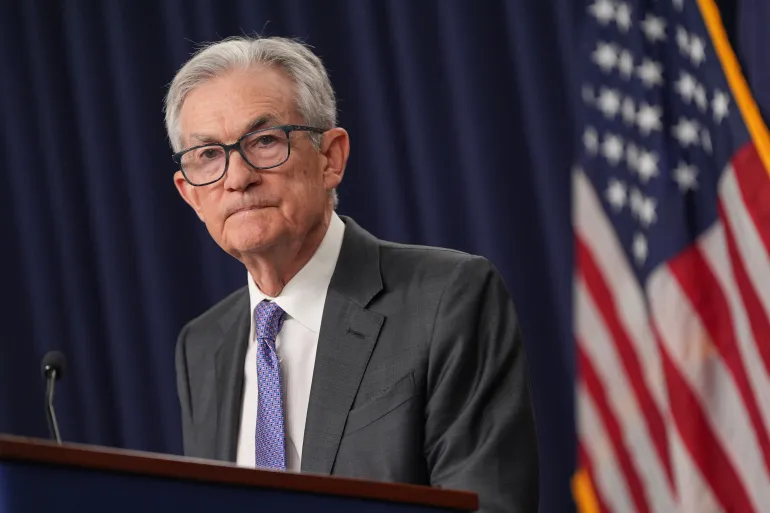

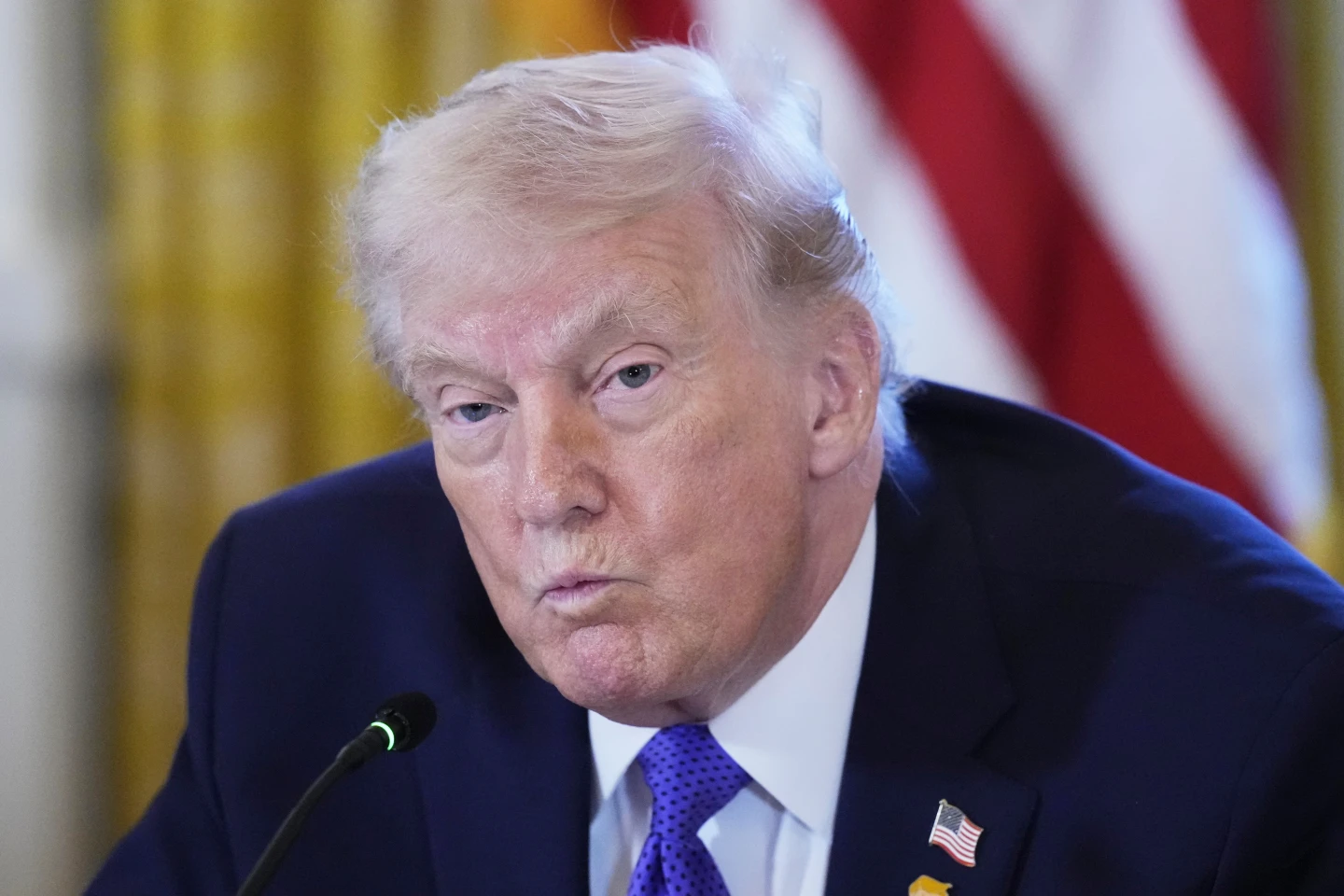
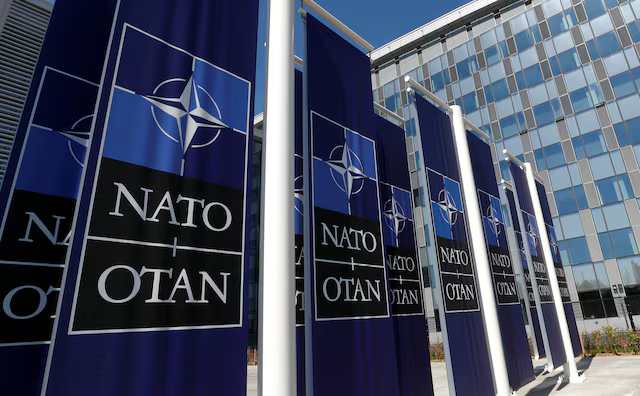
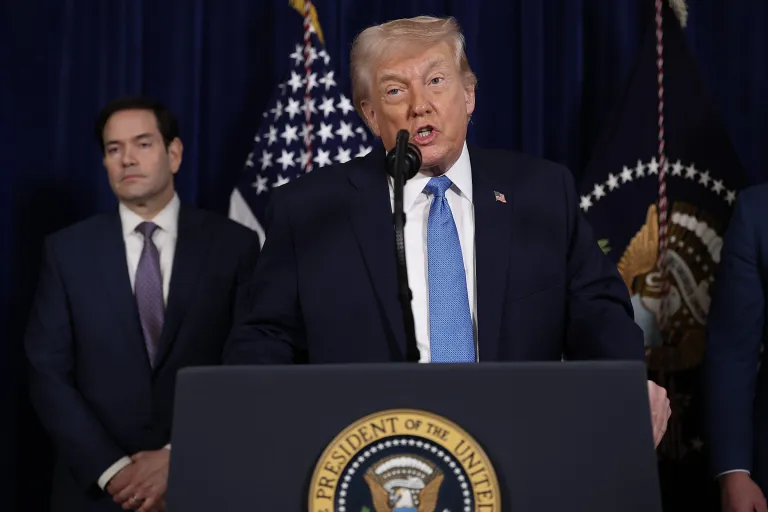
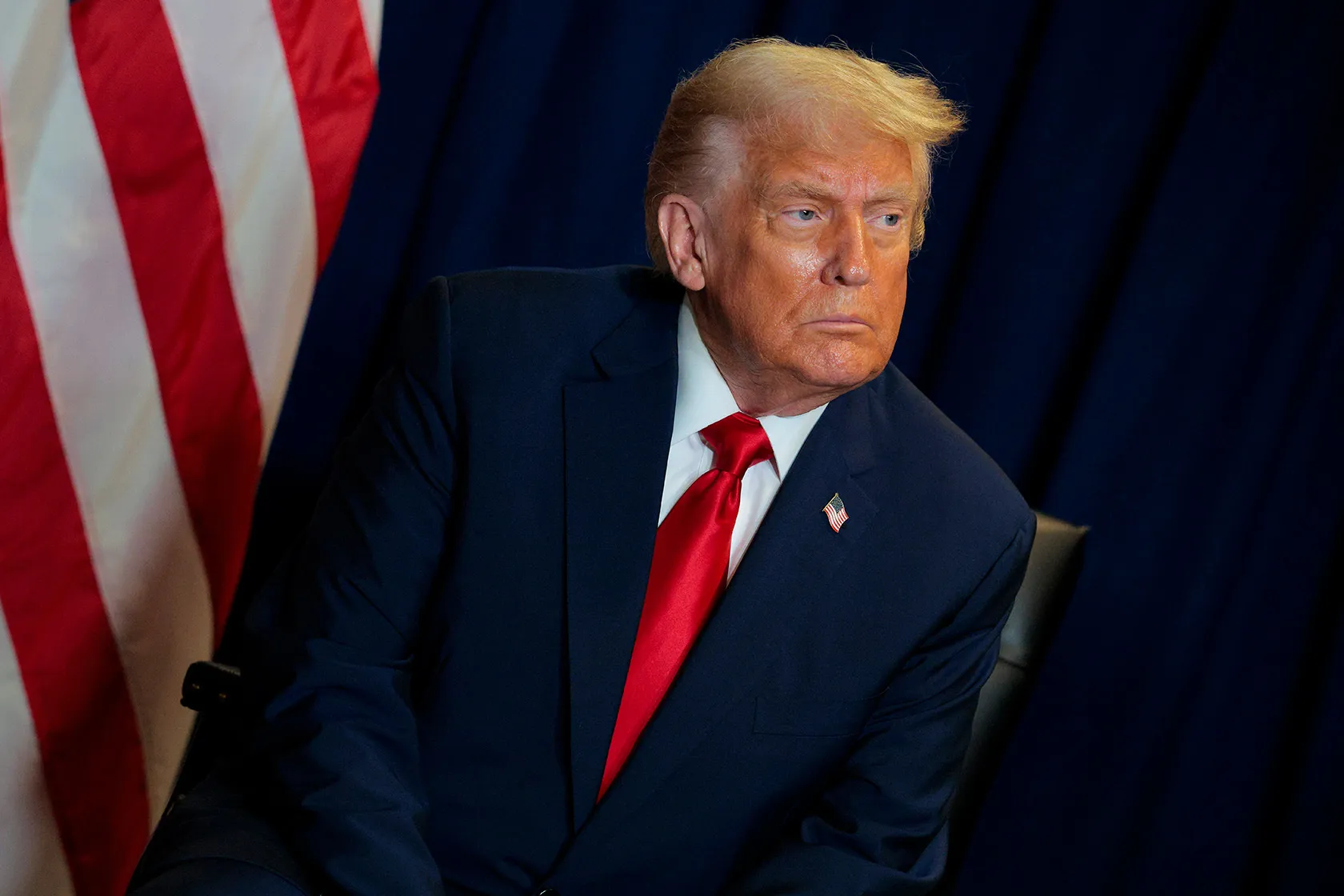
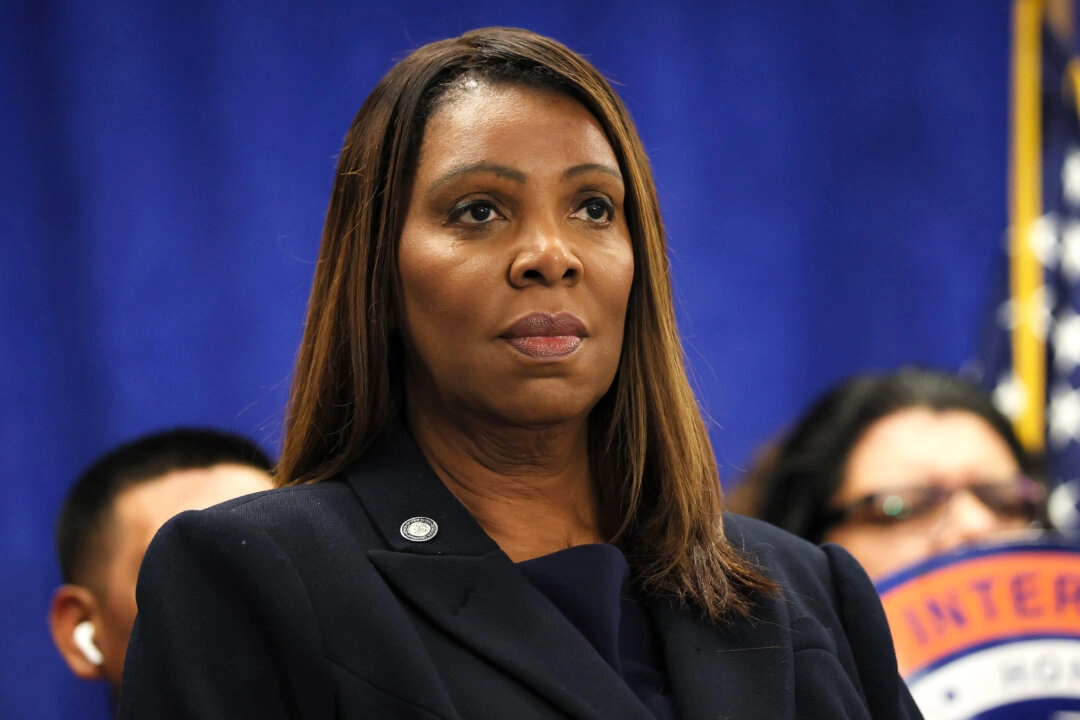
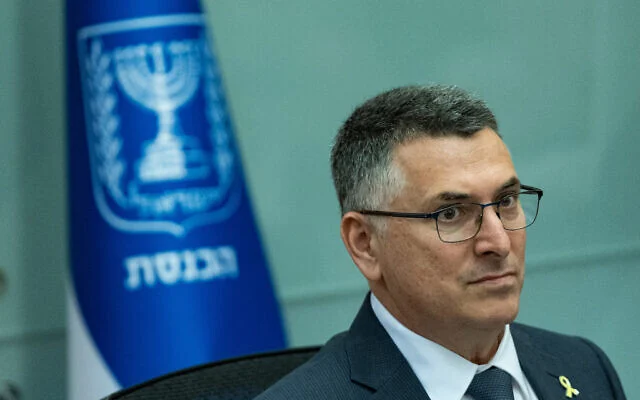
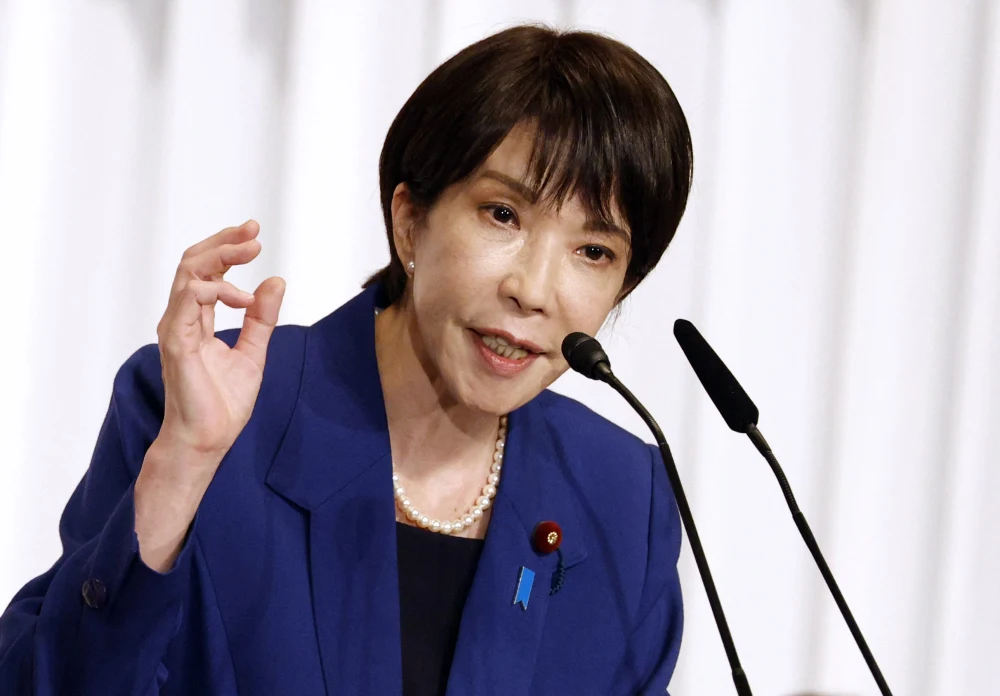
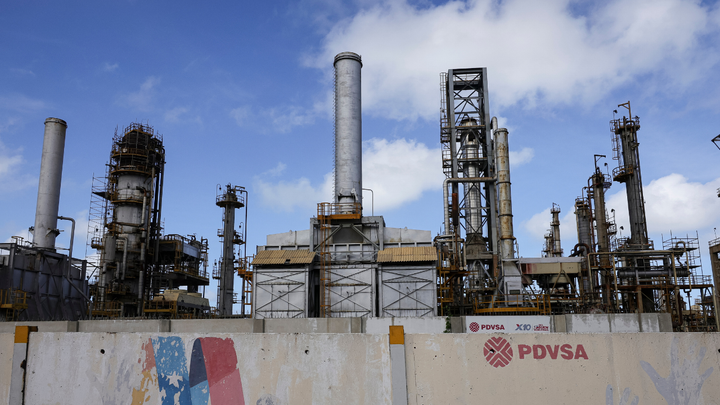
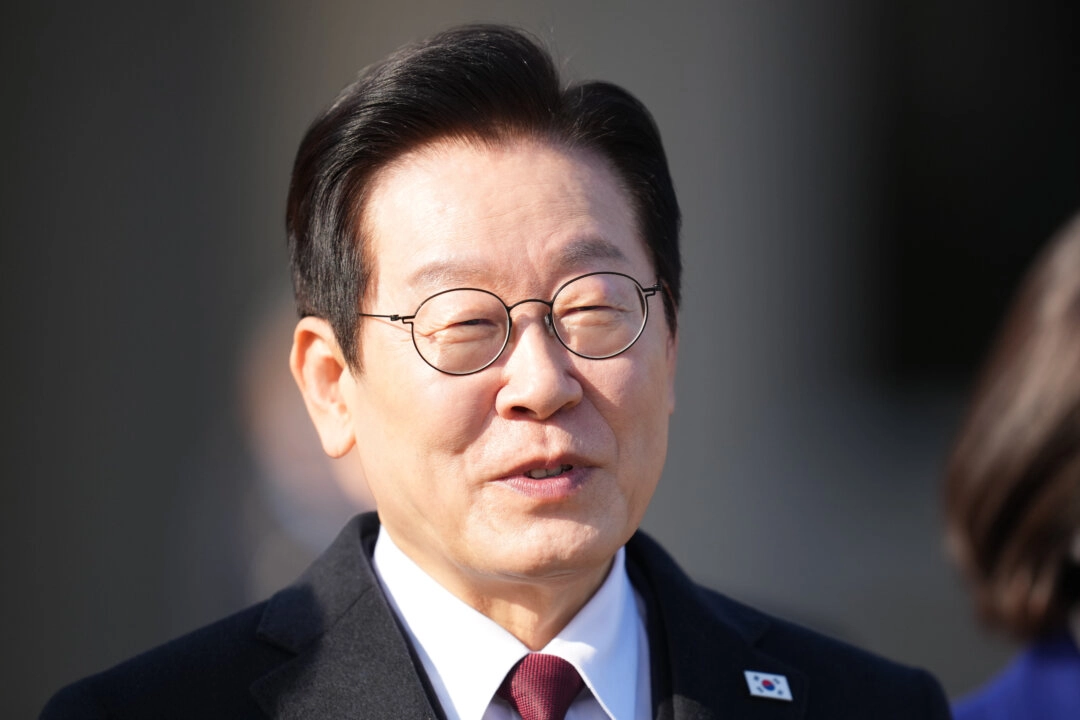
Discussion